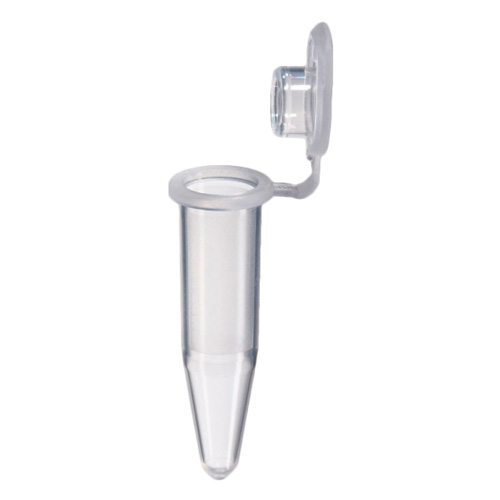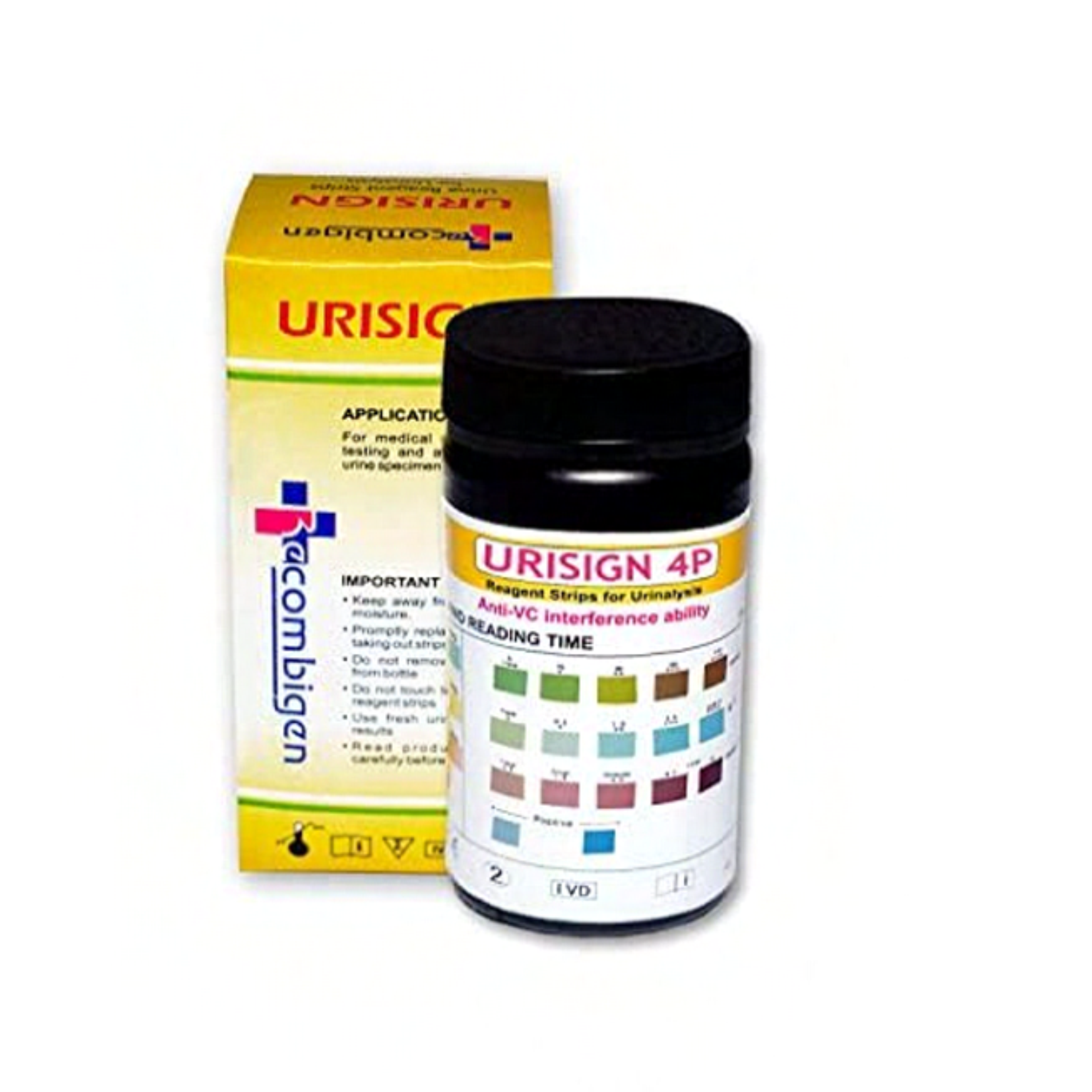Microcentrifuge Conical Tube RNA/DNA Free
₹549.00 – ₹699.00
| Brand | Recombigen Laboratories |
| Size | 0.5, 1.5, 2 ML |
| Pack Size | 100 PCs |
| Type | Disposable ( non-sterile ) |
A microcentrifuge conical tube that is RNA/DNA free refers to a specialized tube designed for the storage and processing of RNA and DNA samples without the risk of contamination or degradation. These tubes are commonly used in molecular biology, genetics, and other research areas where maintaining the integrity of nucleic acids is crucial.
The “RNA/DNA free” designation indicates that the tubes have been treated or manufactured in a way to minimize the presence of RNases (ribonucleases) and DNases (deoxyribonucleases), which are enzymes that can degrade RNA and DNA, respectively. Contamination with these enzymes can lead to the degradation of nucleic acids and compromise experimental results.
RNA/DNA free microcentrifuge tubes are typically made of specialized materials, such as polypropylene, that are resistant to nucleases and other contaminants. These tubes undergo strict quality control measures to ensure they are free from RNase and DNase activity.
It is important to note that even with RNA/DNA free tubes, it is necessary to follow proper laboratory protocols and practices to minimize the risk of nucleic acid degradation or contamination. This includes using sterile techniques, working in a clean environment, and avoiding contact with surfaces or materials that may carry nucleases.
When working with RNA or DNA samples, it is generally recommended to use dedicated RNA/DNA free tubes, pipette tips, and other consumables to minimize the risk of contamination and ensure accurate and reliable results.
| Size | 0.5ml, 1.5ml, 2ml |
|---|
You must be logged in to post a review.

 Rapid Diagnostic Products
Rapid Diagnostic Products Serology Products
Serology Products Clinical Lab Accessories
Clinical Lab Accessories OTC Products
OTC Products Water Quality Test Kit
Water Quality Test Kit 










Reviews
There are no reviews yet.